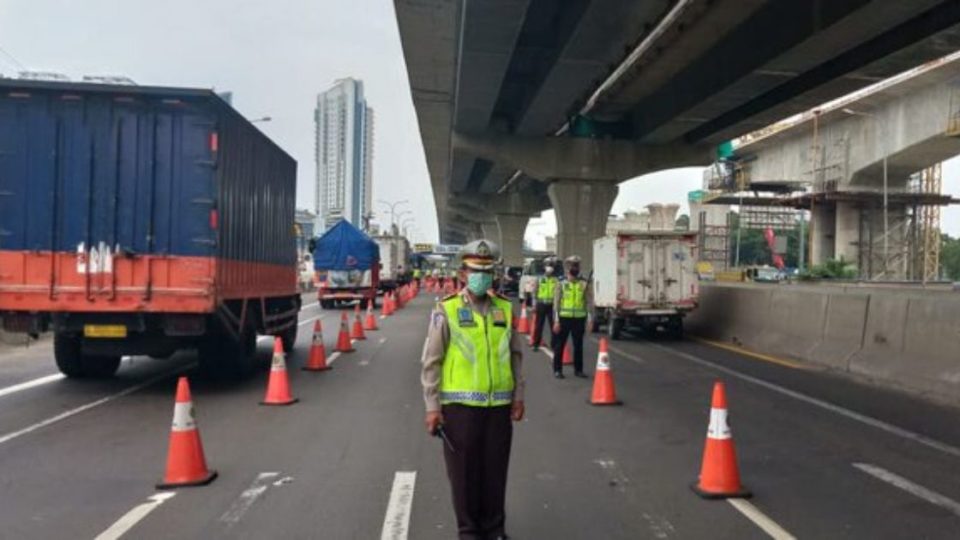The Transportation Ministry said that there will not be any sanctions for those going back to their hometowns outside of the mudik ban period, which will go into force between May 6 and 17.
Before the pandemic, the annual homecoming exodus tradition usually saw around 30 million Indonesians visiting their hometowns annually.
“We also don’t want to give sanctions. What’s more fitting is that the public realize and understand the essence of movement restriction for the common interest of the public and for the good of all of us, so that the situation will be conducive and the pandemic can be controlled,” Adita Irawati, the ministry’s spokesperson, said.
Though this could be seen as a loophole in the mudik ban, the ministry says it is urging the public to limit their mobility prior to May 6 or around a week before Eid — which falls on May 13 and 14 this year, with a collective leave day scheduled for May 12. In addition, Adita said that the public is still subject to penalty measures for health protocols should there be any mass gatherings, before, after, or during the mudik ban.
Authorities are set to set up random checkpoints along popular mudik routes, which will be coordinated with the local COVID-19 task force, or the regional government.
Back in late March, Coordinating Human Development and Culture Minister Muhadjir Effendy had strongly advised the public to refrain from traveling out of their respective regions prior and after the mudik ban period.
This will be the second year for the mudik ban to take place, after the policy was first introduced last year to reduce potential risks of transmission. Despite the ban, millions still left for their hometowns in 2020, especially before the regulation came into force.
Indonesia recorded hundreds of daily new cases prior to Eid holiday last year, but the daily count shot beyond the four-digit mark a couple of weeks after Eid, which was partly attributed to mudik.
Also Read:




